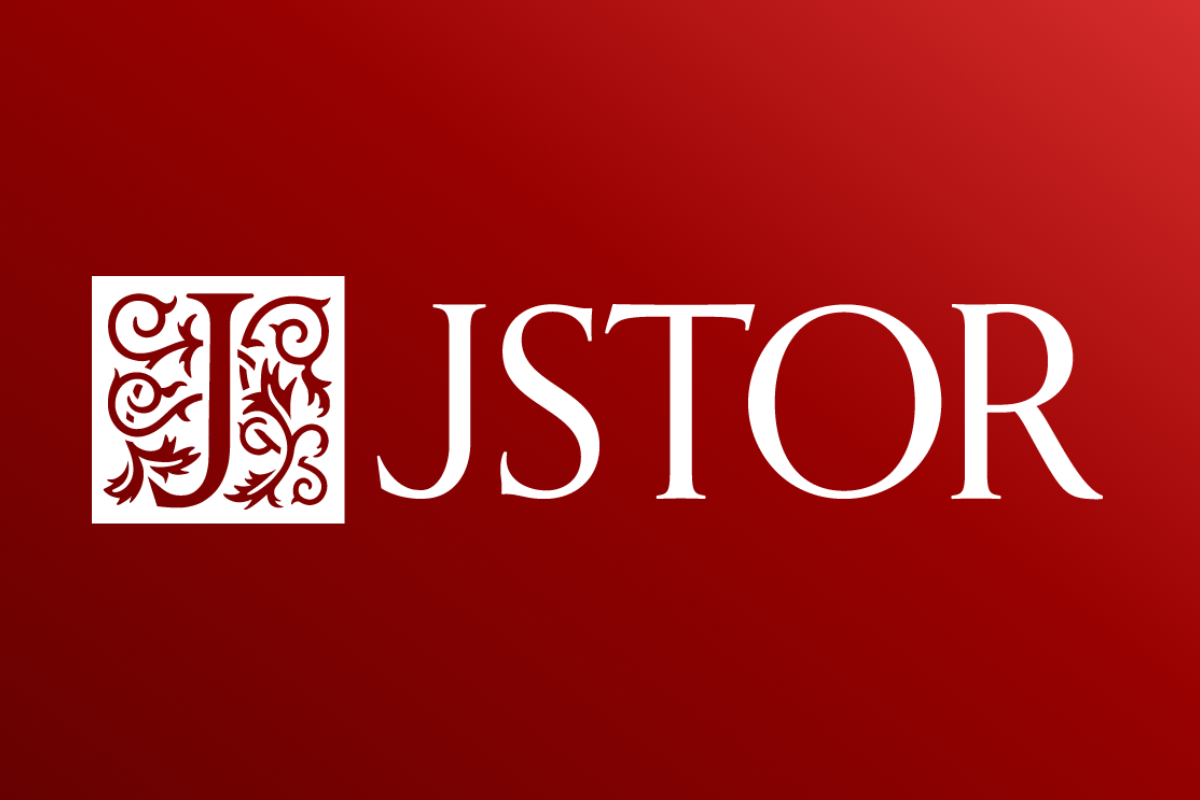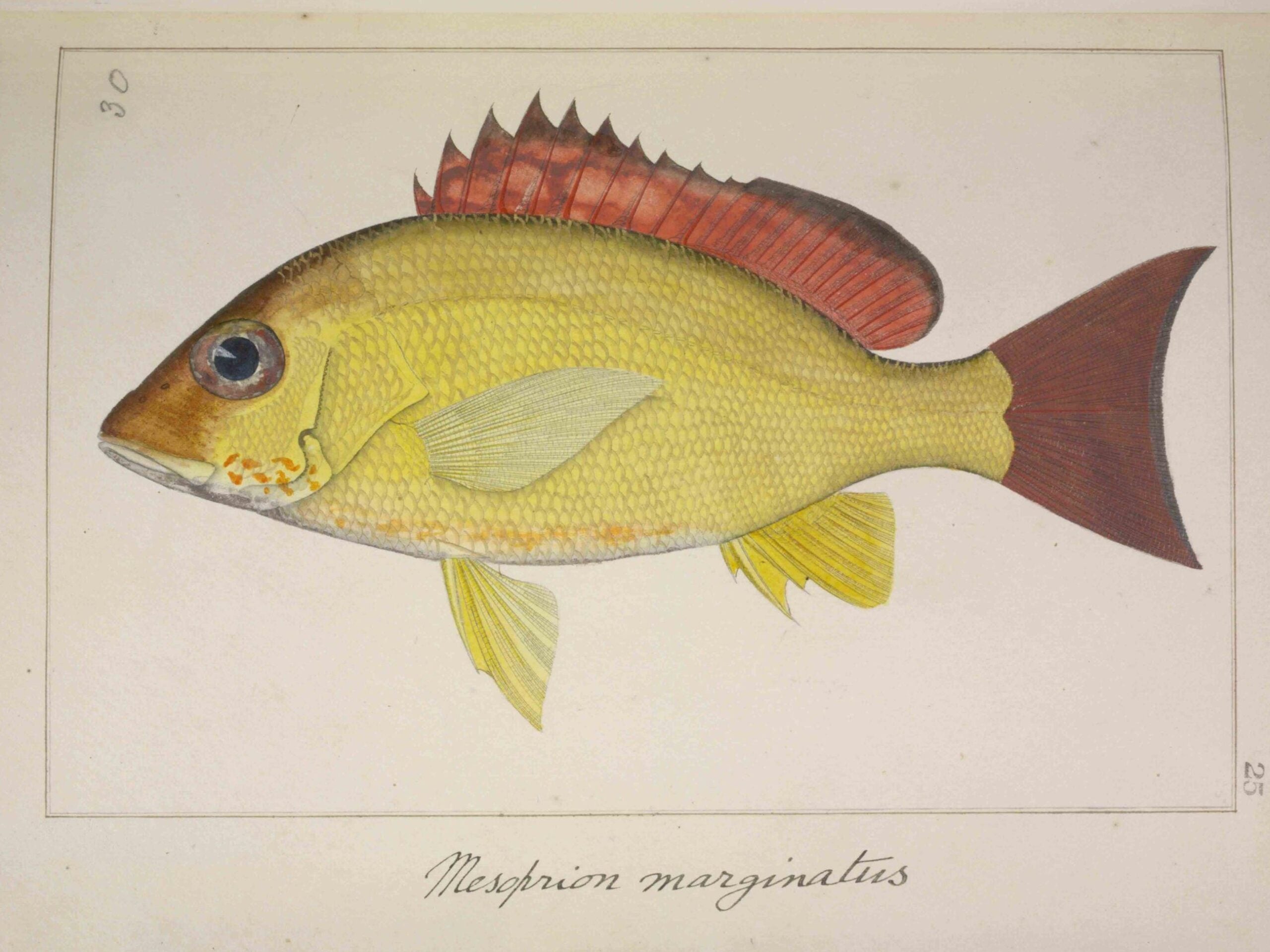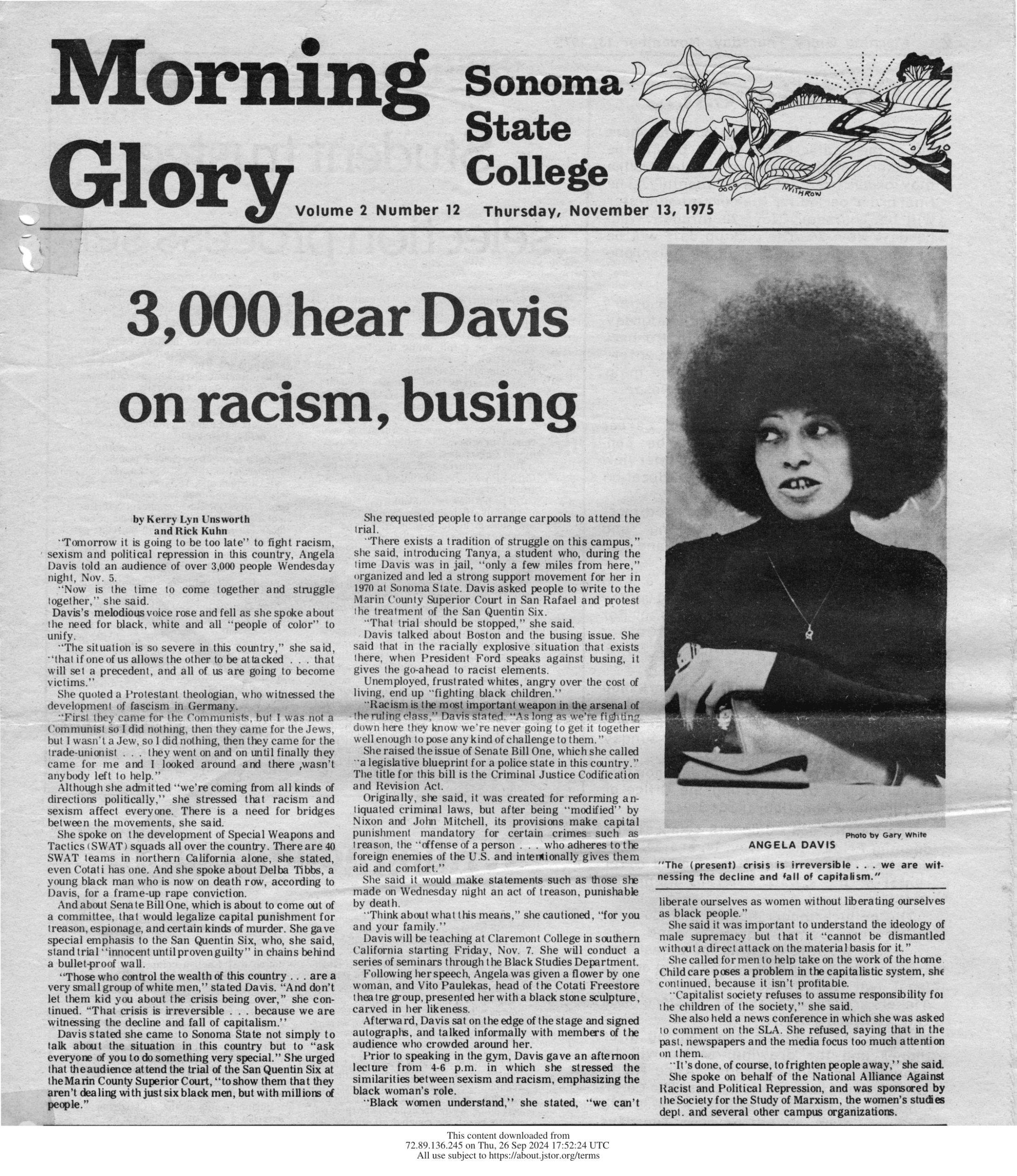JSTOR Blog
-
Imagine having all your research articles, annotations, and highlights in one place, accessible from anywhere. With a personal JSTOR account, you’re not just accessing knowledge—you’re organizing, collaborating, and staying ahead in your field.
-
Accessible knowledge opens the door to education. In 2025, explore JSTOR’s open access collections, featuring art, photographs, and cultural archives that empower visual literacy and interdisciplinary discovery.
-
Explore new Path to Open titles on JSTOR supporting teaching and research. View December 2024 releases and access options.
-
As the final month of 2024 comes to a close, we’re reflecting on the diverse and impactful collections and multimedia added to JSTOR this December.
-
Examples and case studies that show how Artstor on JSTOR can be used to enhance the teaching and learning of medicine and medical history.
-
Artstor on JSTOR provides half a million useful images documenting architecture across the world, from ancient architecture to contemporary buildings. See how they might be used for teaching and research.
-
At the Charleston Conference 2024, JSTOR presented its vision for managing and preserving digital collections into the future. “Not Just Another AI Session” highlighted how cutting-edge tools—including JSTOR’s digital collection processing prototype and interactive research tool (beta)—can transform access to archival materials while staying true to JSTOR’s nonprofit mission.
-
November brought new opportunities to explore underrepresented voices, rich cultural artifacts, and engaging multimedia content on JSTOR. This month’s additions provide researchers, educators, and students with unique insights into history, art, and human ingenuity.
-
Organize, compare, and share your research like never before with JSTOR’s Workspace. Perfect for librarians, faculty, and students, it streamlines resource management and collaboration, making research easier and more efficient.
-
Discover how Artstor’s images elevate literature education and explore two compelling case studies from a UC Irvine professor and a Philadelphia Museum of Art educator.
-
Explore new Path to Open titles on JSTOR supporting teaching and research. View August through October 2024 releases and access options.
-
This month on JSTOR, we continued expanding access to invaluable content, adding multimedia and archival collections that amplify voices from the past. Discover our picks from the month.
-
Discover the evolution of JSTOR’s Text Analyzer, a groundbreaking tool retired in 2024, and explore how new innovations like Constellate and JSTOR’s interactive research tool continue to support researchers with advanced technologies and AI-powered solutions.
-
Explore the newly expanded Joseph F. Stapleton Drawing Collection from Artstor on JSTOR, now featuring 345 additional images. With nearly 650 images available, this collection offers a rich resource for research and study.
-
Discover JSTOR’s latest resources, including radical newspapers, historical multimedia, and new video content. Enhance your research with diverse entries from Reveal Digital, Artstor on JSTOR, and shared collections.
-
Discover how educators across various disciplines are creatively using Artstor on JSTOR to enrich their teaching. From ESL to Dance studies, explore 15 inspiring ways high-quality images and media are being integrated into lessons, helping students engage with visual resources in new and innovative ways.
-
The recent removal of news archives like MTV News raises concerns about preserving valuable digital content. Media companies must plan for digital preservation to ensure access to historically significant materials. Portico outlines key steps, including secure storage, regular backups, and engaging experts to safeguard content. A new Portico pilot project is exploring long-term preservation of…
-
Discover how JSTOR Daily brings scholarly research to a wider audience with open-access posts, linking academic content for context and insight into current events. Explore educational resources for students and instructors, offering models for research and writing techniques.
-
Amplifying marginalized voices through crowdfunding and crowdsourcing in digital archives and libraries. Learn how Reveal Digital’s initiative uncovers underrepresented histories with open access collections hosted on JSTOR.
-
Now available on JSTOR: 800 Bard Graduate Center installation photographs documenting 10 years of exhibitions

Explore 800+ new Bard Graduate Center installation photos documenting a decade of decorative arts and design exhibitions, now on JSTOR.
-
Enhance visual literacy with “Learning to Look”! Dive into actionable guidance and lesson plans to understand the world through images with Virginia Seymour. Develop vital skills for students and educators alike.
-
Discover a trove of historical insights gathered this July and August on JSTOR. Explore collections spanning from Civil Rights activism to artistic resilience during the AIDS epidemic, offering unique perspectives on history, culture, and knowledge.
-
ITHAKA innovates with Project Odyssey using generative AI to help libraries process digital collections efficiently by automating metadata creation, addressing bottlenecks, and reducing backlog.
-
Foster equity, strengthen engagement, and build visual literacy with Artstor on JSTOR virtual field trips

Artstor on JSTOR virtual field trips foster equity, boost engagement, and build visual literacy through immersive, accessible online learning experiences.
-
Celebrate International Cat Day with our favorite feline images from JSTOR! Explore endearing cat antics and discover the vast world of cats.
-
ITHAKA is committed to fostering inclusivity and accessibility, aligning with the European Accessibility Act (EAA) to enhance access for individuals with disabilities. Learn about the EAA and its impact on digital accessibility standards for a range of products and services in the EU.
-
Charting the course of digital art history: University of California San Diego Library from Artstor to JSTOR

Celebrating 20 years of digital image access at UC San Diego Library through Artstor. Explore the transformation in utilizing visual resources for teaching and research, now transitioning to JSTOR. Join us in uncovering UC San Diego’s collection legacy and future.
-
At JSTOR, our mission is to improve access to knowledge and education for people around the world. We’re excited to share several new initiatives leveraging cutting-edge technology to make scholarly materials more accessible, interactive, and engaging for our users. Here’s a detailed look at the latest advancements we recently shared at ALA 2024 in San…
Sign up for updates
Never miss a thing. Get updates from JSTOR delivered straight to your inbox.
By signing up you agree to our Privacy Policy. You may unsubscribe at any time by clicking on the provided link on any marketing message.
"*" indicates required fields

























